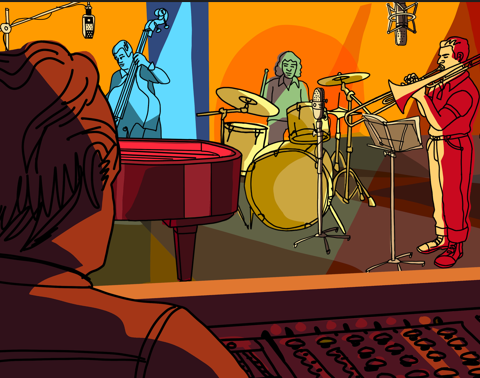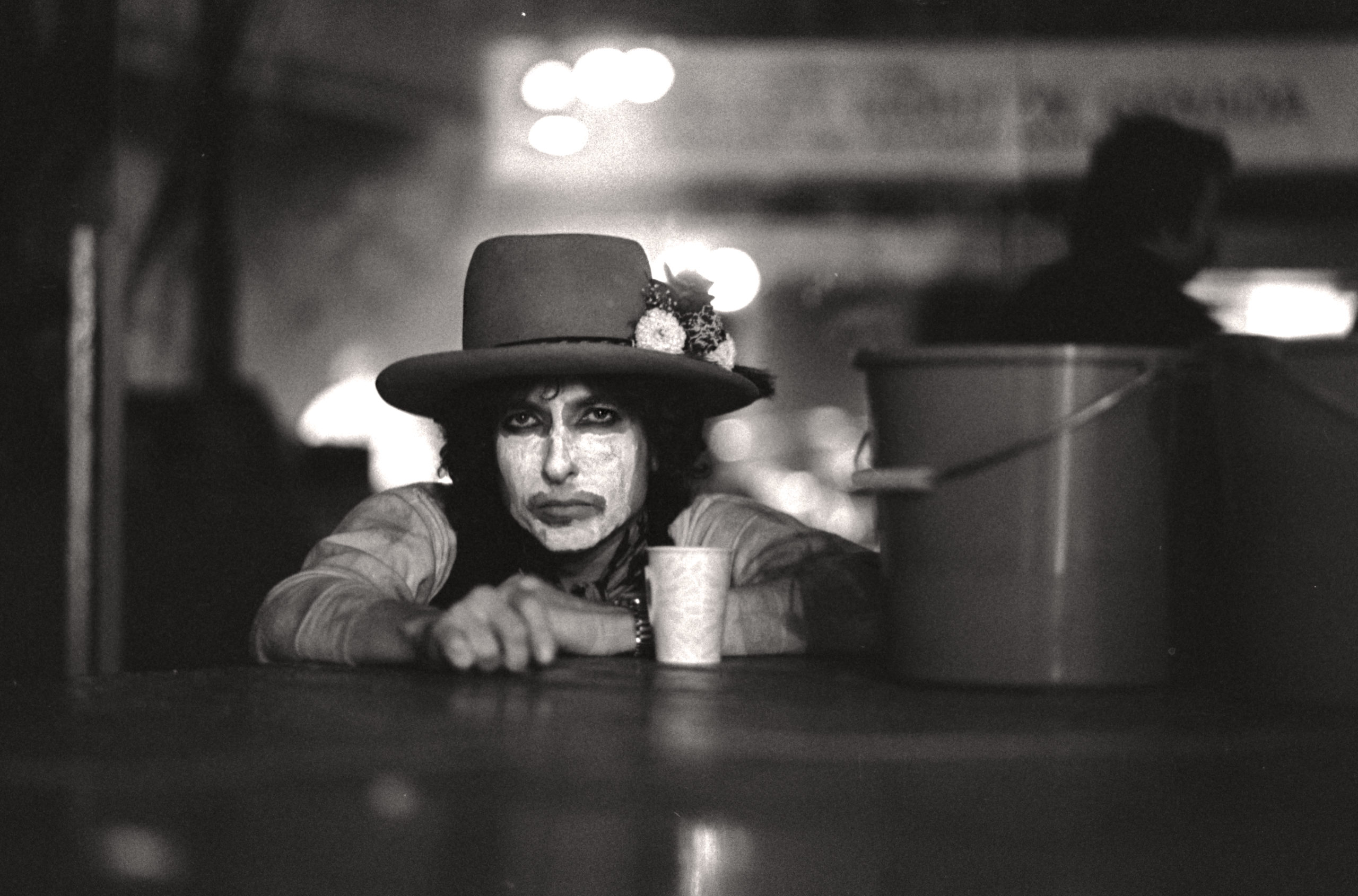Echo in the Canyon
(USA, 82 min.)
Dir. Andrew Slater
Echo in the Canyon might be the Baby Boomer-iest film ever made. This laid-back and thoroughly entertaining rockumentatry spotlights the music scene in Laurel Canyon, California in the mid-to-late 1960s and early 1970s when musical acts like The Mamas and the Papas, Buffalo Springfield, and The Byrds created the sound of a generation. The film transports audiences to a time when attitudes were changing, people were loosening up, and folk music was plugging in. What’s old is new again as director Andrew Slater and “host”/executive producer/Wallflowers frontman Jakob Dylan reflect upon a chapter of music history by giving it a fresh spin. This music is timeless, however, and the buy-it-the-minute-you-hear-it soundtrack proves that the tunes of the Canyon players will endure for generations.
Nostalgia is all the rage these days as the Boomers cling to their youth, especially now that the cars they purchased during their midlife crises are running on empty. However, there is something undeniably revitalizing about the mellow sounds of Echo in the Canyon. It’s novel to see Dylan, the son of a music icon who went electric after laying his roots in folk, play the guide while spotlighting the magic that emerged from this particular place and period. (Although the comparisons to 1920s’ Paris seem somewhat dubious.) Dylan’s inquisitiveness and his desire to re-record the music for audiences of all ages speaks to the multigenerational appeal of the songs that echo throughout the film.
The film sees Dylan tour the recording studios of Laurel Canyon, as well as hotspots in New York and London where the singers travelled, as he connects with a host of folk stars who contributed to this hip era of Americana. Echo in the Canyon features new interviews with singers like Michelle Phillips of The Mamas and the Papas, Stephen Stills of Buffalo Springfield, and David Crosby and Roger McGuinn of The Byrds, along with record producer Lou Adler, who whisk audiences back to the ’60s and speak to the sounds that emerged from the Canyon. The doc also puts Dylan in conversation with several of the musicians’ contemporaries who were making music outside of Laurel Canyon or were influenced by them. Among Dylan’s interviewees are Eric Clapton and Ringo Starr, as well as the late Tom Petty in his final interview.
The history of Echo in the Canyon is largely anecdotal as the musicians sit back with Dylan and remember the days that inspired the tunes. Dylan doesn’t press the subjects too hard, but he doesn’t play softball with them either; rather, these interviews are casual conversations between two people well versed in music and its social history. Everyone’s a music buff in this project that feels more like a party than a formal doc as everything arises naturally between music buffs gabbing about their favourite tunes. There’s always a personal nugget to make each story extra juicy.
The anecdotal nature of the film, as well as its casual interview style, recalls Ron Mann’s recently released (and arguably superior) Carmine Street Guitars, which brings a who’s who of the New York music scene to a Greenwich Village guitar shop to riff on bygone times. Echo in the Canyon doesn’t have as coherent an argument or structure as Carmine Street Guitars does, but the exercise is, in a sense, the same. Both films wax nostalgic on great tunes and leave audiences hungry for the artists of today to push music to new boundaries.
Slater and Dylan layer the film with conversations with members of the current generation of musical greats, who chat about the legacy of the Canyon canon and muse about its influence. The doc frequently cuts back to a chat with Dylan, Jeff Beck, Regina Spektor, and Cat Power sitting around a table musing about The Mamas and the Papas, The Byrds, The Beach Boys, and The Beatles. (Again, the film’s a party.) Admittedly, many of the discussions throughout Echo in the Canyon focus on The Beach Boys and The Beatles specifically, and how the former’s Pet Shop influenced Sgt. Pepper’s Lonely Hearts Club Band, rather than the actual Canyon crowd. It’s always interesting, but the frequency with which the conversation wanders away from Laurel Canyon is odd.
Dylan’s fellow conversationalists also appear in footage from a 2015 concert in which younger artists played the Canyon’s greatest hits. Slater peppers the tracks throughout the doc, making Echo in the Canyon something of a talking heads/concert film hybrid, as singers like Fiona Apple and Nora Jones give the songs new life. The music alone merits a ticket.
Echo in the Canyon exits the nostalgia factory and brings the original artists into the fold to experience the cover versions in some truly great moments. A highlight sequence sees Michelle Phillips talk to Dylan about the tumultuous relationships within The Mamas and the Papas before she returns to her old recording studio and listens to Jade Castrinos of Edward Sharp and the Magnetic Zeros knock it out of the park while belting out a soulful duet of “Go Where You Wanna Go.” There’s something magical about watching Phillips nod along to a younger singer’s interpretation of a song she brought to life. In these moments, the film gives audiences a glimpse at the “echo” referred to infrequently in the film as the sounds of one artist inspire another and let great music reach new audiences. One wishes that Canyon had more of these echoes, but the point is clear—and the soundtrack is one that can’t be beat.
Echo in the Canyon opens in Toronto June 7 at Hot Docs Ted Rogers Cinema with additional cities to follow.












